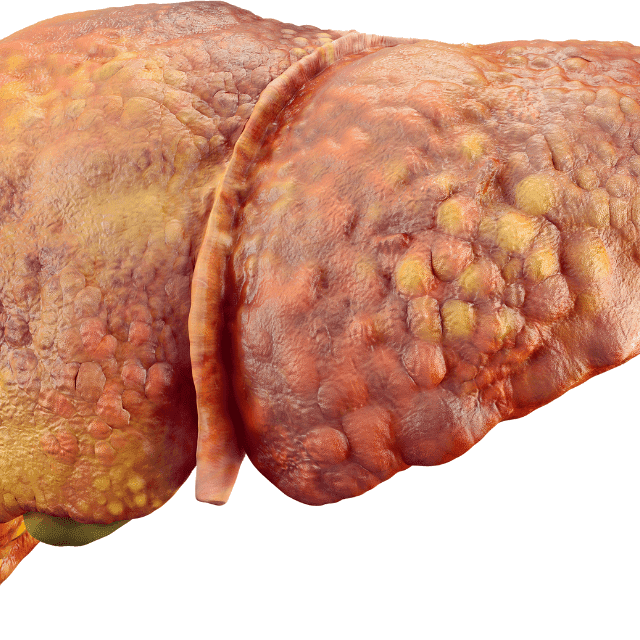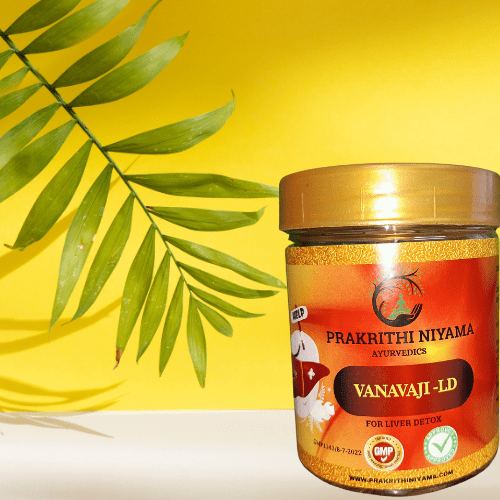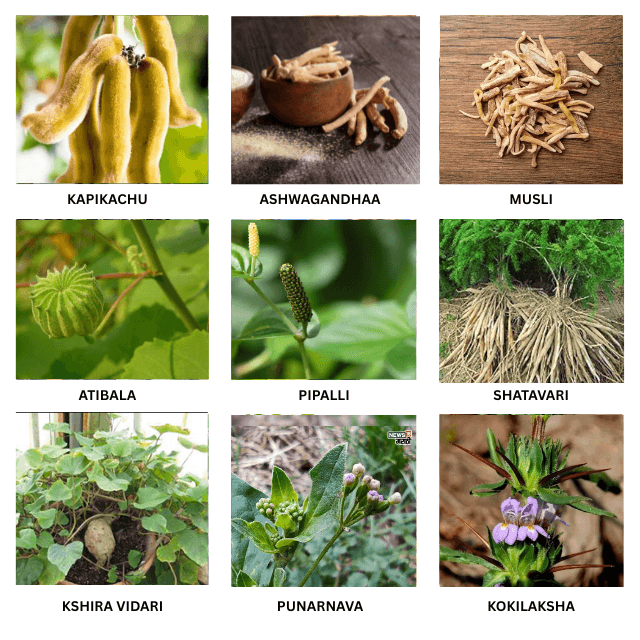

LIVER CARE
🌿 Liver Detox – The Key to Vital Health
In Ayurveda, the liver is considered the seat of Pitta dosha — responsible for digestion, metabolism, purification of blood, and emotional balance.
When the liver becomes overloaded with toxins (Ama), it affects not just digestion but the entire body’s energy, immunity, and aging process.
A sluggish, toxin-burdened liver can lead to:
Poor digestion, bloating, and constipation
Skin disorders like acne, rashes, pigmentation
Fatigue, brain fog, irritability
Hormonal imbalances
Higher risk of chronic diseases
Modern lifestyle habits — processed foods, pollution, alcohol, emotional stress — continuously strain the liver, making regular detoxification essential for vibrant health.
✨ Ayurvedic Perspective on Liver Cleansing
Rather than harsh cleansing, Ayurveda emphasizes gentle purification that:
Clears toxins without weakening the body
Revives the liver’s natural functions
Strengthens Agni (digestive fire)
Supports healthy blood production (Rakta dhatu)
Promotes better skin, digestion, and overall vitality
Herbal detox is the safest and most sustainable way to achieve this.
🔍 Signs Your Liver Needs Cleansing
The body sends subtle signals when the liver is stressed or overloaded with toxins.
Ignoring these early signs can lead to deeper health problems over time.
⚡Common Symptoms of Liver Imbalance:
Persistent tiredness or sluggishness
Skin issues: acne, pigmentation, rashes, or dull complexion
Poor digestion: bloating, acidity, constipation
Bad breath, bitter taste in the mouth
Yellowish tinge in eyes or skin
Frequent headaches or migraine attacks
Mood swings, anger, irritability
Hormonal issues like irregular periods or thyroid imbalance
Unexplained weight gain or difficulty losing weight
VANAVAJI - LD

How to Use:
Dosage: 4 gms with diluted milk in the Morning post break fast and after dinner
🌿Main Ingredients (Modified %)

Do’s and Don’ts for Migraine Management
✅ Do’s:
Eat a light, plant-based diet rich in fruits, vegetables, and whole grains.
Include bitter-tasting foods like neem, bitter gourd, turmeric, and aloe vera.
Drink warm water throughout the day to flush out toxins.
Practice regular mild exercise (like yoga, brisk walking) to stimulate circulation.
Maintain a routine sleep cycle — early to bed and early to rise.
Stay hydrated with herbal teas (like coriander-cumin-fennel tea).
🚫 Don’ts:
Avoid heavy, oily, spicy, and processed foods.
Minimize alcohol consumption and excess caffeine.
Stay away from late-night eating or irregular meal timings.
Avoid mental stress and emotional outbursts — they disturb Pitta dosha.
Limit exposure to pollution, synthetic chemicals, and unnecessary medications.
Do not overeat — always leave some space in your stomach after meals.
